Mass transit came before cars. It was good, but not enough. There was tremendous demand for cars, and consumers rapidly switched: pic.twitter.com/x70vnYd0P1
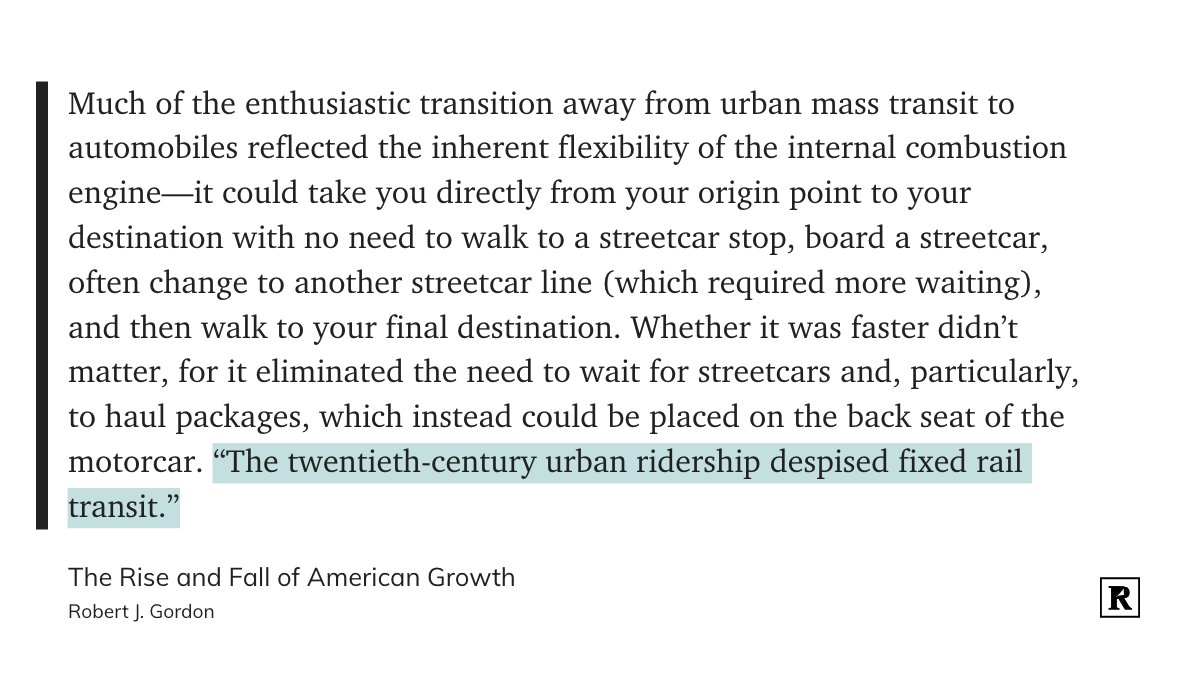
The phonograph was invented in the late 1800s, but for decades, recording technology was quite primitive by today's standards: pic.twitter.com/RcVLhkSbKO
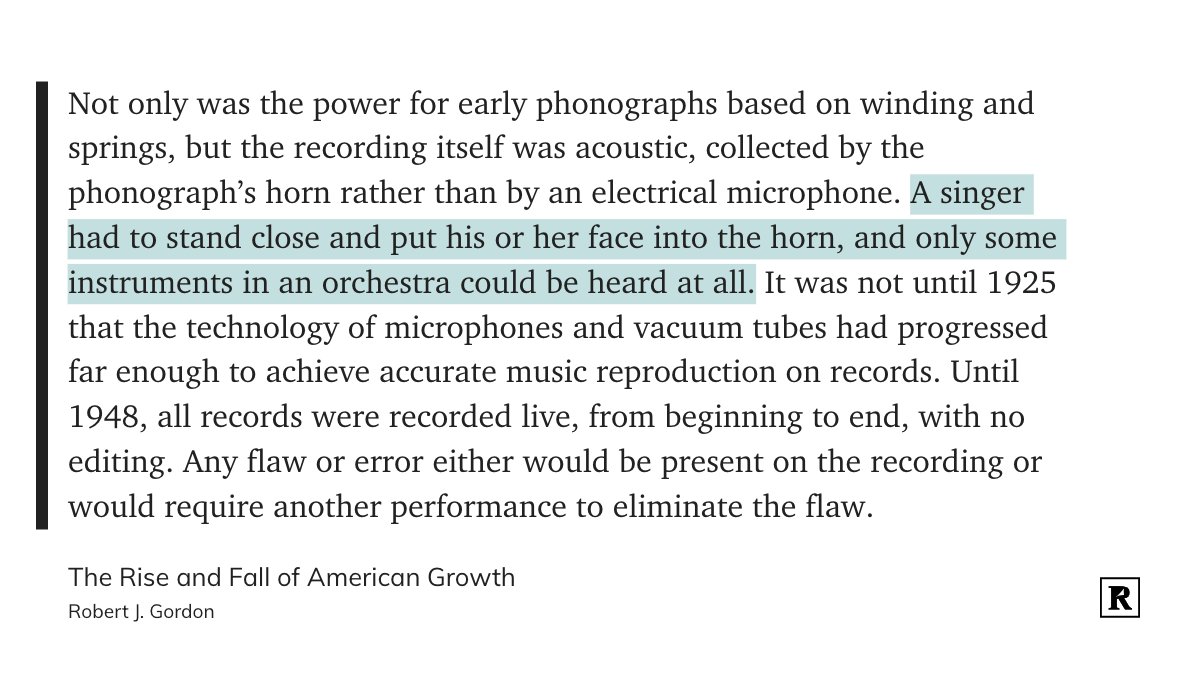

Household entertainment, such as it was, c. 1870: pic.twitter.com/RHGXTxY4pX
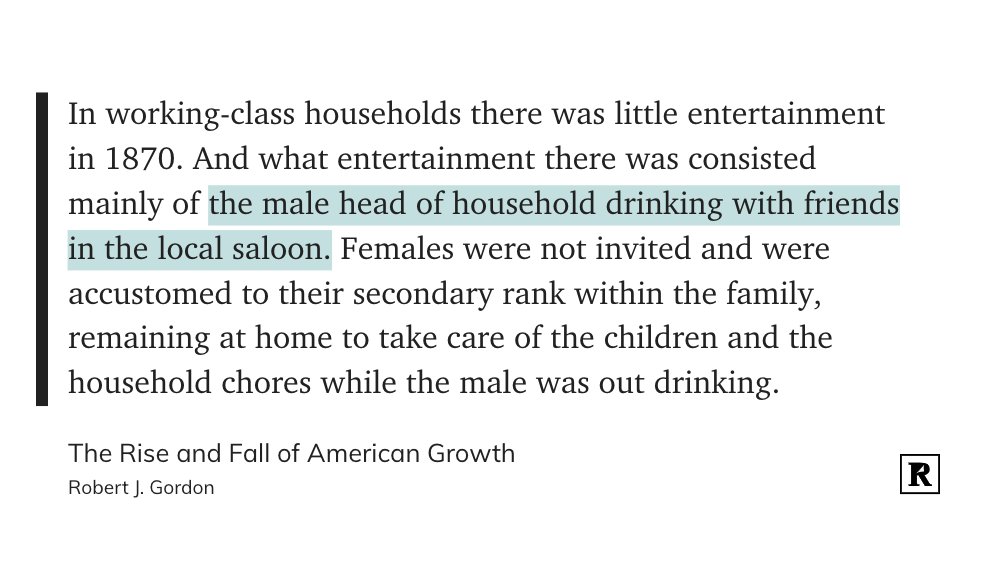

Job security is much greater today than in the early 20th century and before. Day labor and piece work were gradually replaced with full-time permanent employment. pic.twitter.com/7I5ciw6GTI
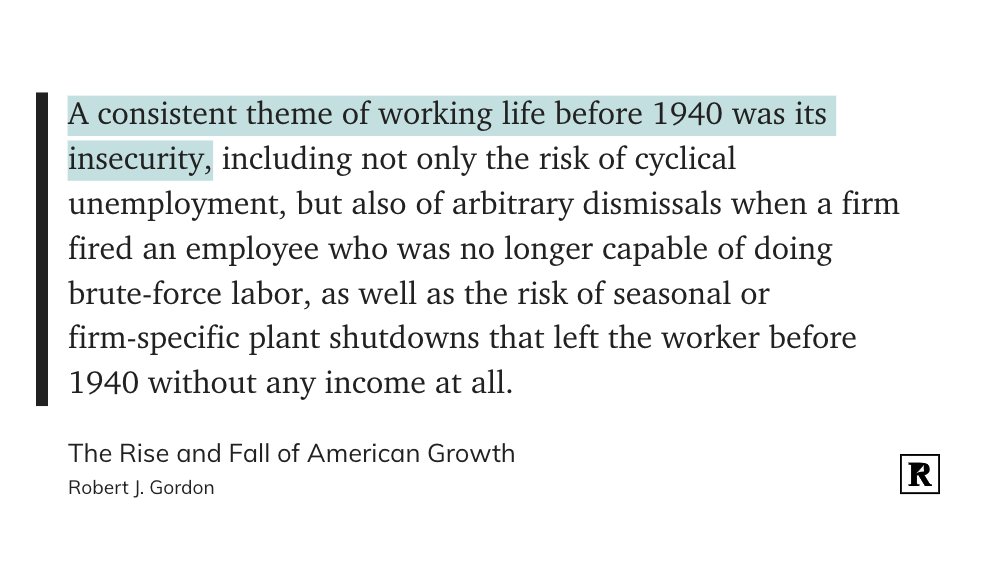

Day labor and piece work were gradually replaced with full-time permanent employment.

Retirement is a 20th-century invention. The machines *did* take our jobs—they took jobs away from the elderly after retirement, from school-age children, and from everyone else after 5pm and on the weekends. And that's a good thing. pic.twitter.com/fAY76f8UM6
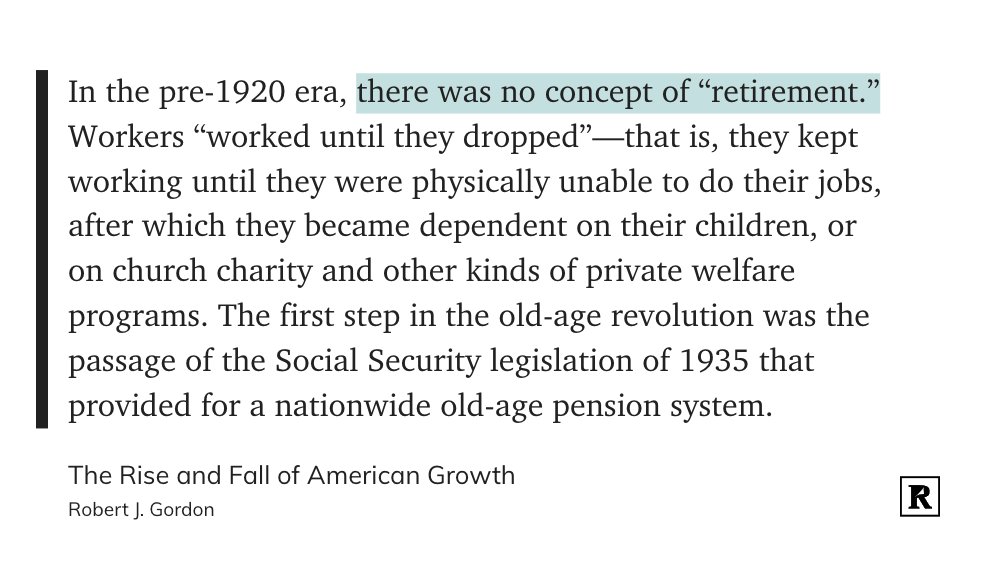

The machines did take our jobs—they took jobs away from the elderly after retirement, from school-age children, and from everyone else after 5pm and on the weekends. And that's a good thing.
Imagine having no central heating, and having to take a hot brick from the kitchen stove to your room to warm up your bed at night: pic.twitter.com/rAMaK8XFGn
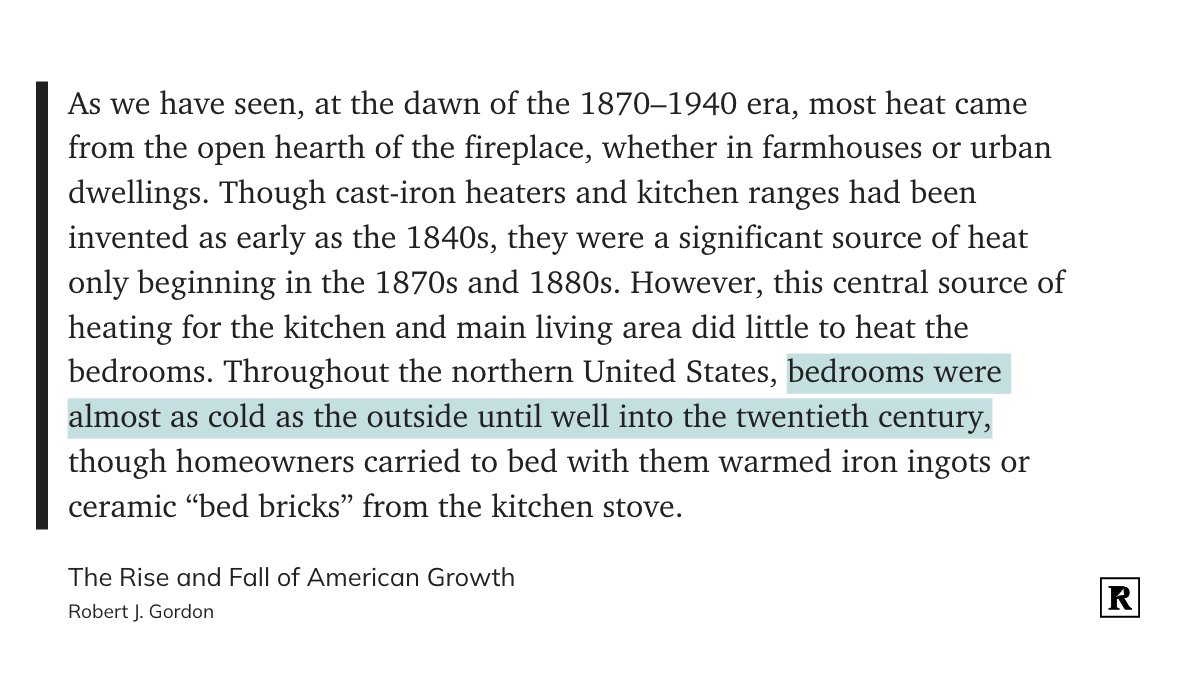

The American “worships the results of things that are big” but “hates anything that is big and powerful” pic.twitter.com/pU8mFGX7lY
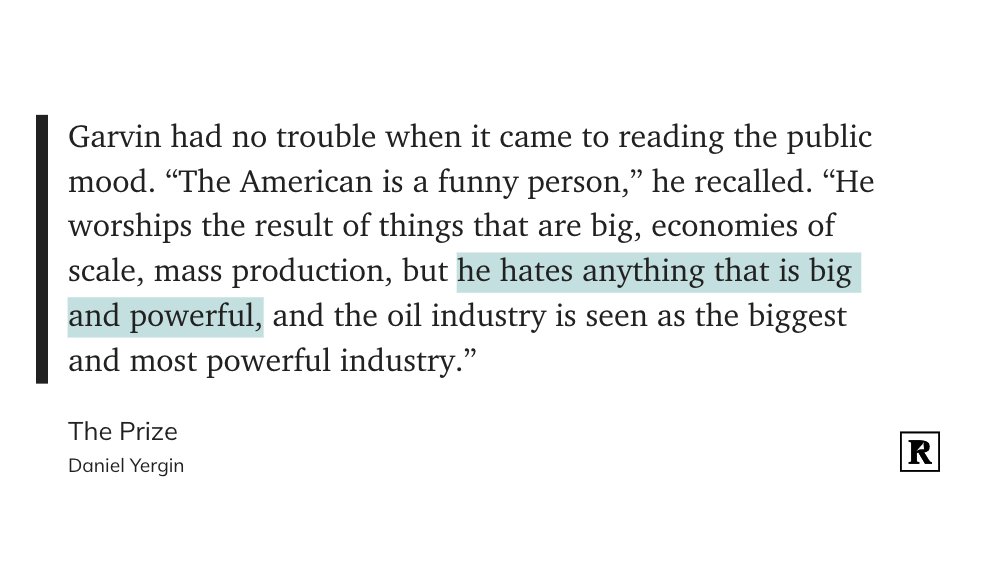
What are the most beautiful/walkable/classic neighborhoods in the United States? - West Village in New York - Beacon Hill in Boston - Society Hill in Philadelphia Where else? pic.twitter.com/kpoONQqXBC
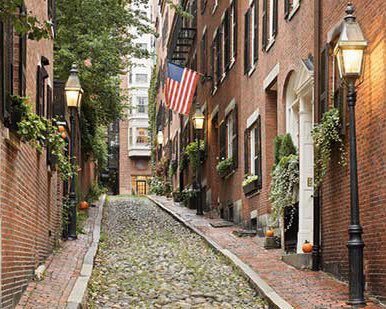
One thing our invasion of Afghanistan probably *did* accomplish was a fertility transition. pic.twitter.com/SU6H45TXju
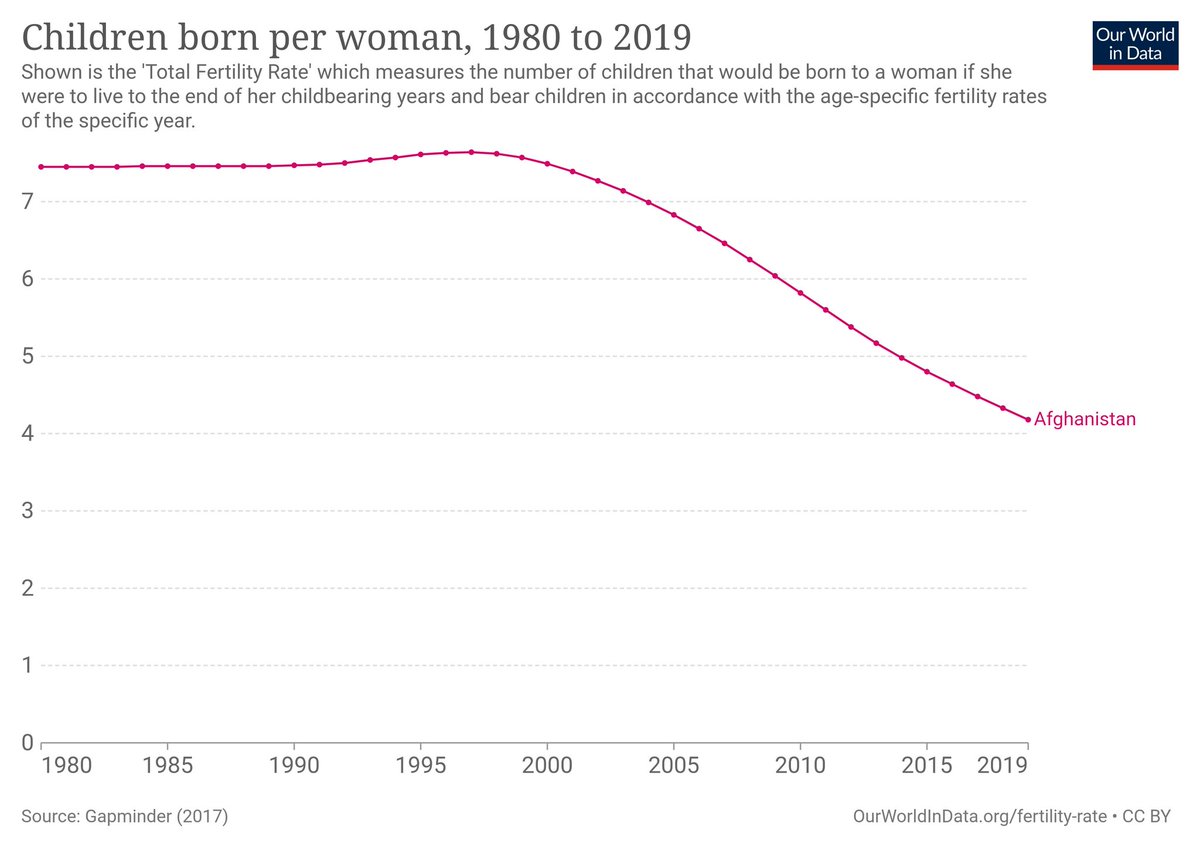
America is at its best when we are unified, working as one nation. There is nothing good about the violent and unlawful protests in DC. I’m praying today for a peaceful transition of leadership. twitter.com/BizRoundtable/…
Our U.S. manufacturing operations are among the most complex in the world. @Intel we are proud to attract top talent, and in cases where we have skills gaps, we need access to the high-skilled visa system. Thanks to our leaders in Congress for encouraging innovation in the U.S. twitter.com/IntelPolicy/st…
Intel is proud to continue expanding in #Arizona with two new fabs to increase our U.S. semiconductor manufacturing capacity. Thank you, Governor @DougDucey, for your continued partnership and support. twitter.com/dougducey/stat…
Our country is stronger with more voting, not less, and with the evolution of technology, voting can be more secure, equitable and accessible. We oppose any legislation that seeks to reduce the voting rights or opportunities of American citizens.
The @POTUS American Jobs Plan proposes important investments to upgrade our nation’s infrastructure, including $50 billion in semiconductor investments. This program will create jobs and put us on a path to U.S. innovation leadership for decades to come. bit.ly/3d2FefO
Tomorrow I am honored to be meeting with the Biden administration to discuss the global chip shortage and how @intel is ready to provide chip manufacturing capacity in the US and EU.
Miami is open for business. @GovRonDeSantis @FrancisSuarez @MayorDaniella twitter.com/darian314/stat…
NYC Will Be a Major Bitcoin Hub, Democratic Mayoral Front Runner Says markets.businessinsider.com/news/stocks/ny… Love this!
What the US did have much better than other Western countries between 1850 and 1950, however, is massive *population* growth. pic.twitter.com/qAxQpdTYuX
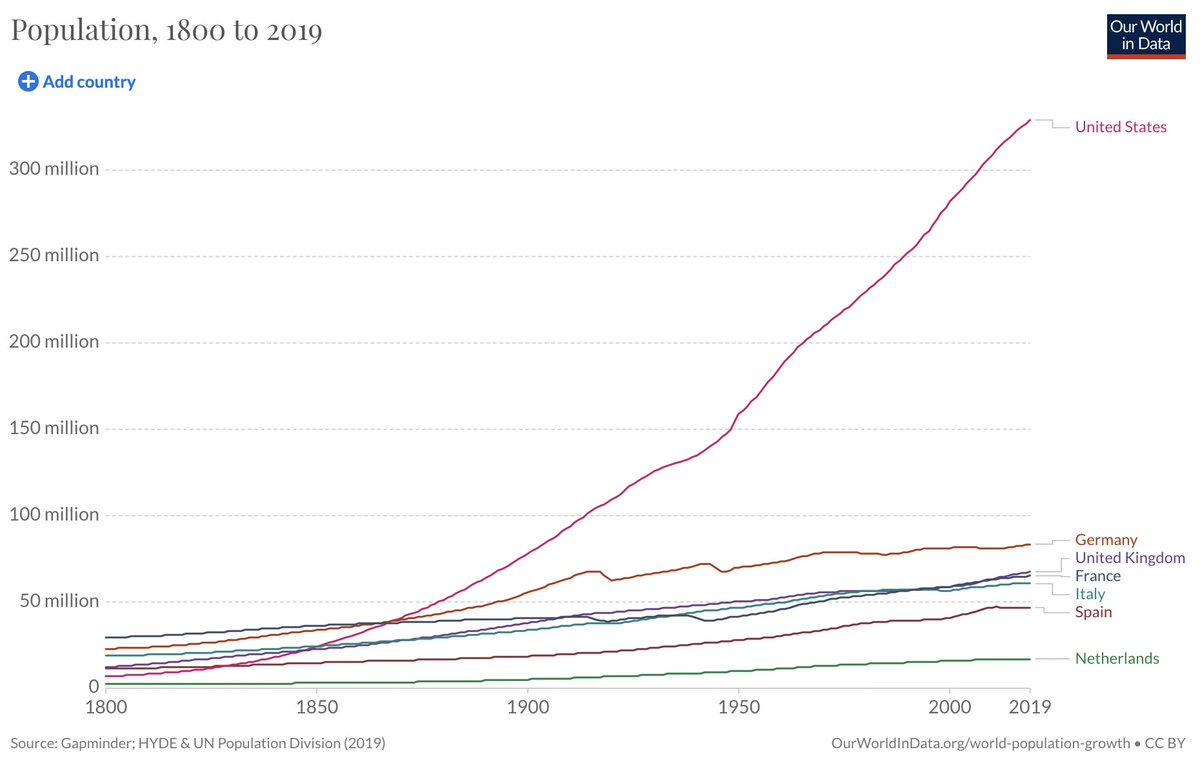
The history of the US' rise is the history between 1850 and 1950. GDP = population * GDP per capita. For all the rhetoric about how the US is such a special country, it's not that much more productive than other Western democracies. pic.twitter.com/DOQJ6T8oRN
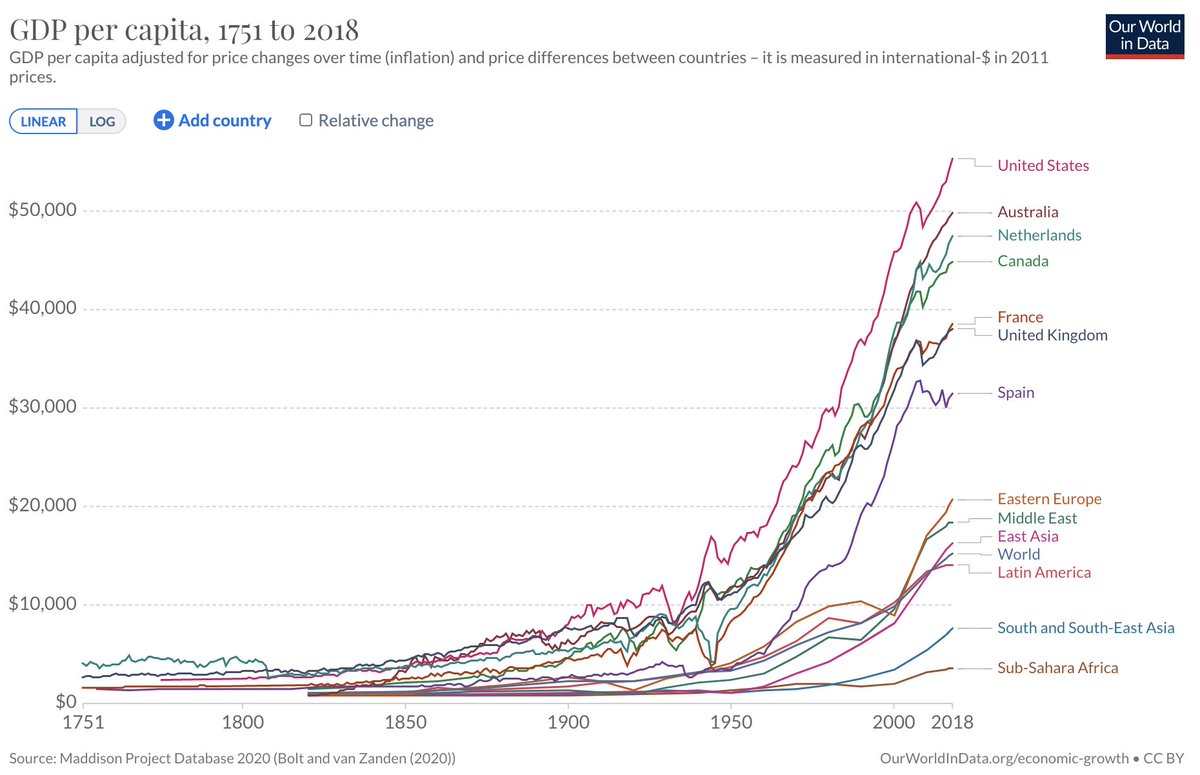
The main reason why the US is the power it is today is because of immigration. The main reason why the US is dwindling is because of lack of immigration. The only thing that can reverse the US' decline is allowing massive immigration. Thread. 🧵 pic.twitter.com/29t6QSamuY
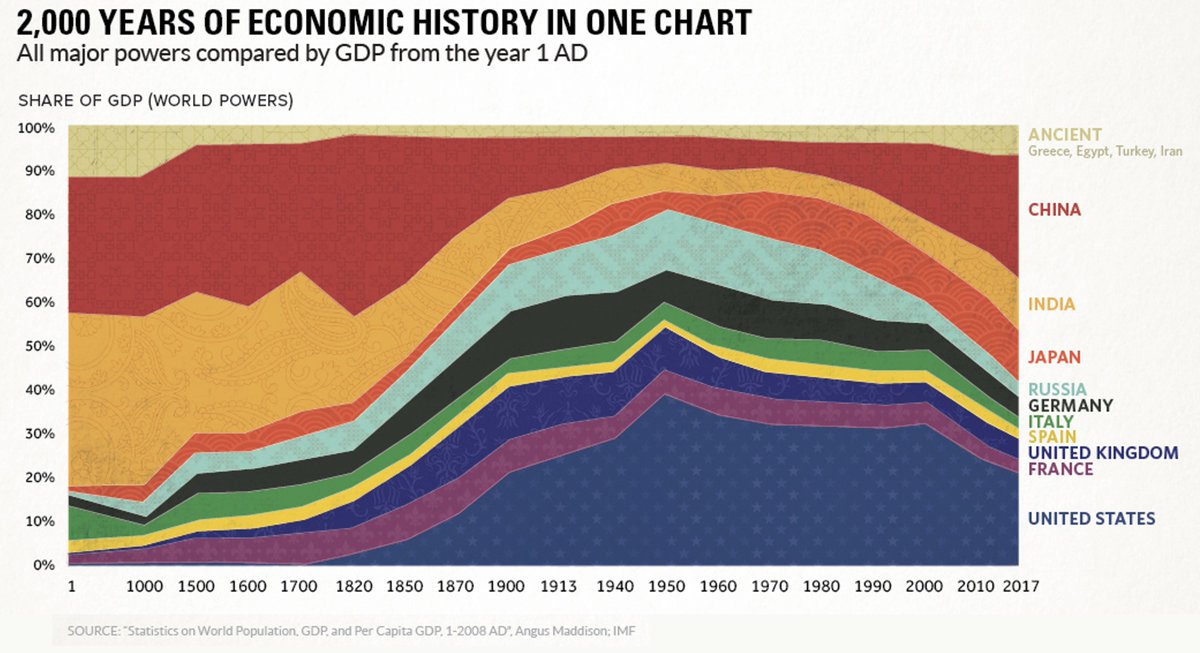
Why do all these rivers and intarcoastal waterways matter so much? Because it makes it dirt cheap to trade pic.twitter.com/R6DjEBfZbi
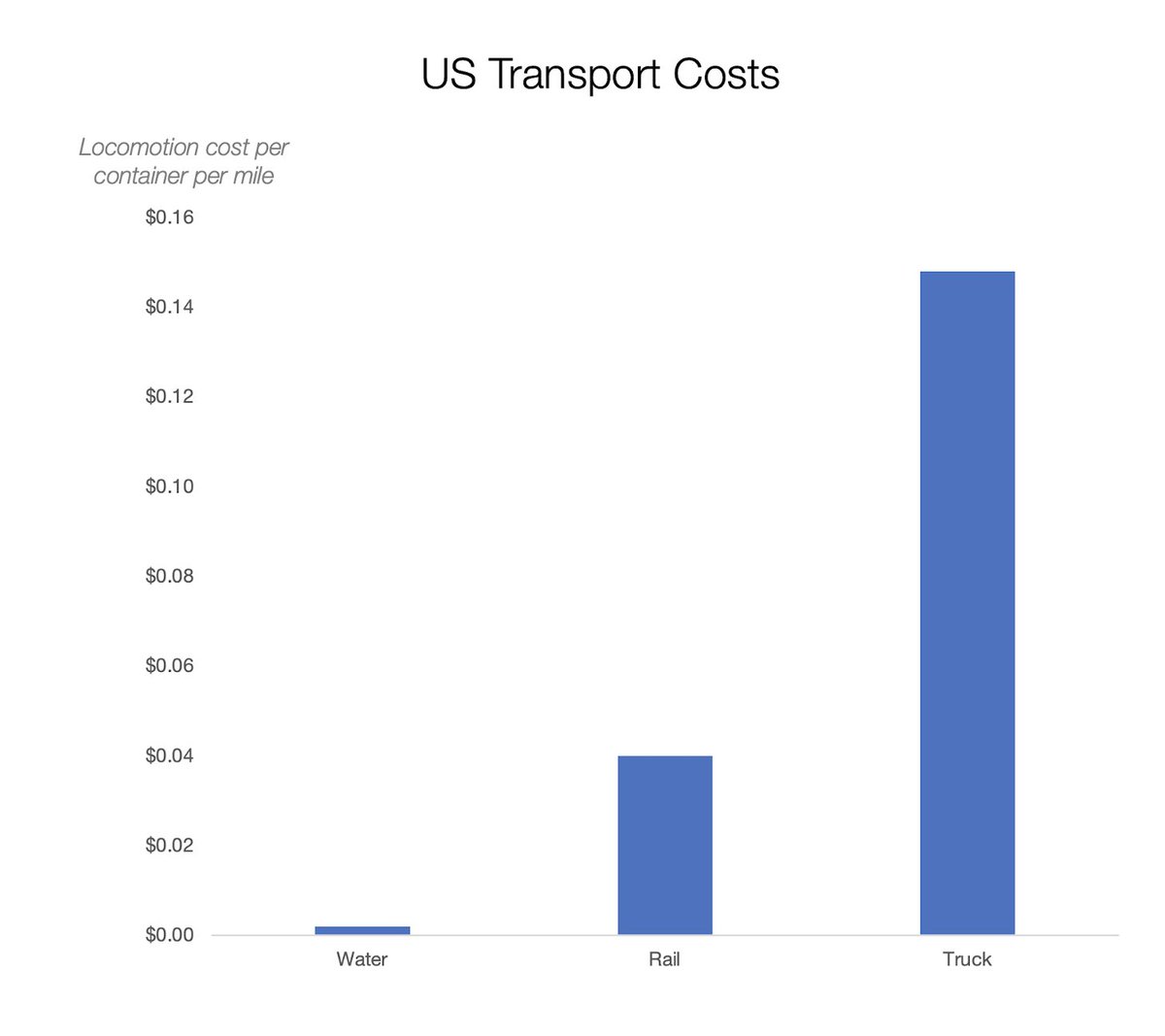
And ON TOP OF THAT the East Coast, from Mexico to Boston, has intracoastal waterways, which make trade easier to protect, hence is cheaper pic.twitter.com/jU2Zx6SNRl
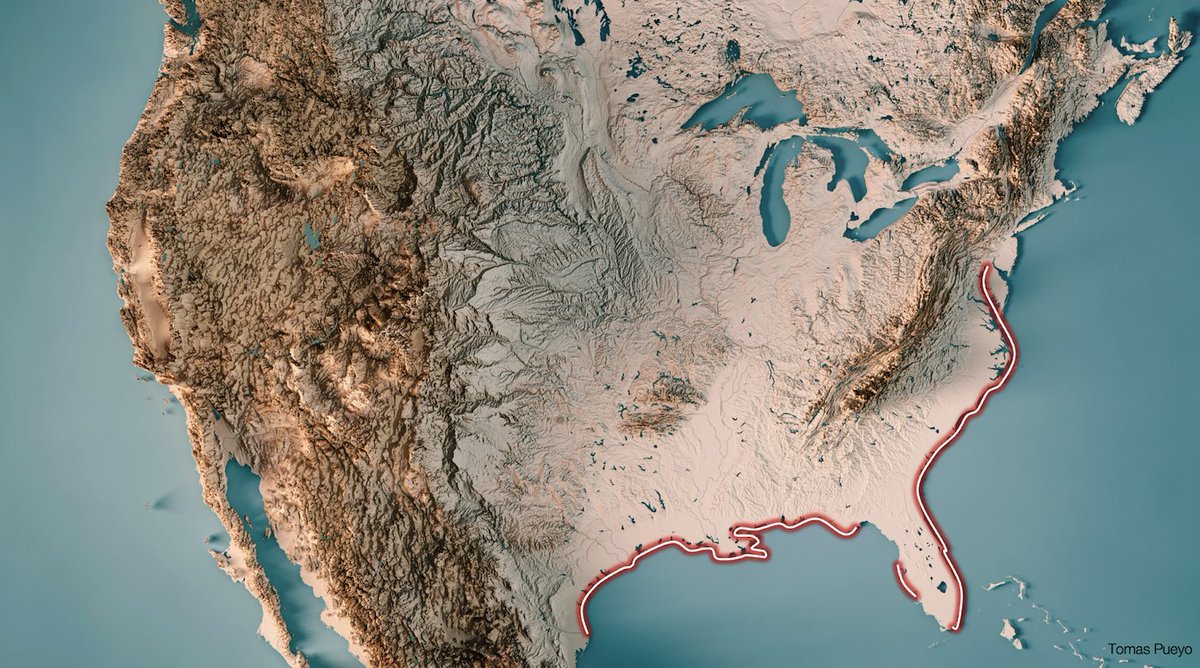
🏗️ Nearly flat, which is also great for agriculture, but also for building anything for cheap, really ⛴️ The Mississippi and its tributaries have more navigable length than all other navigable rivers in the world COMBINED 🕴️ They're all connected to each other, so easy trade
2. It has the Mississippi Basin, the single best land area in the world. Why? 🏔️ Mountain ranges on both sides concentrate water inwards. 🌽 >1M square miles (2.5M km) of extremely well-irrigated land ➡️ lots of cheap food pic.twitter.com/dFSldz2Uai
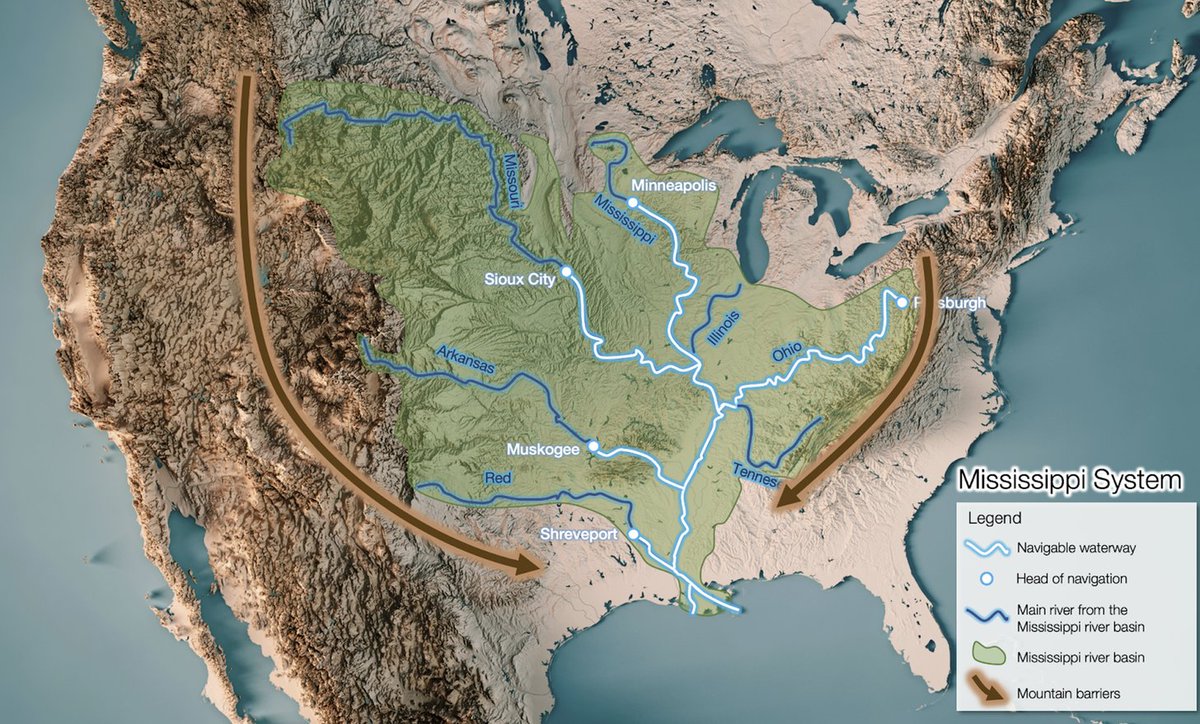
1. It's an impregnable fortress. Nobody can ever invade it. Oceans & mountains on both sides. Just 2 neighbors. Mexico is smaller, too hilly, and has just 1 natural harbor so it can't be a threat (too poor). Canada is too cold and exposed, not enough food for a big competitor. pic.twitter.com/tsDRNXkolJ
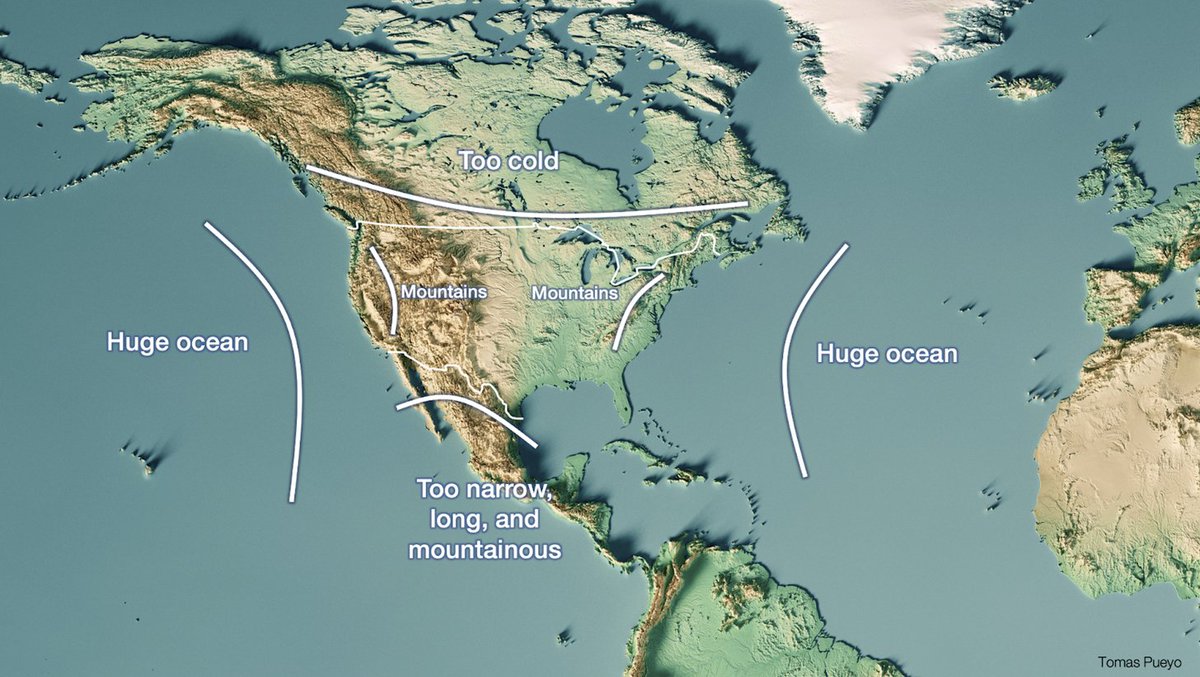
Why is the US exceptional? We constantly talk about spirit and culture and institutions and... But the main reason is much more mundane: Geography. Consider this map. What's makes the US so lucky? Mainly 2 things: pic.twitter.com/pMuKkTixNm
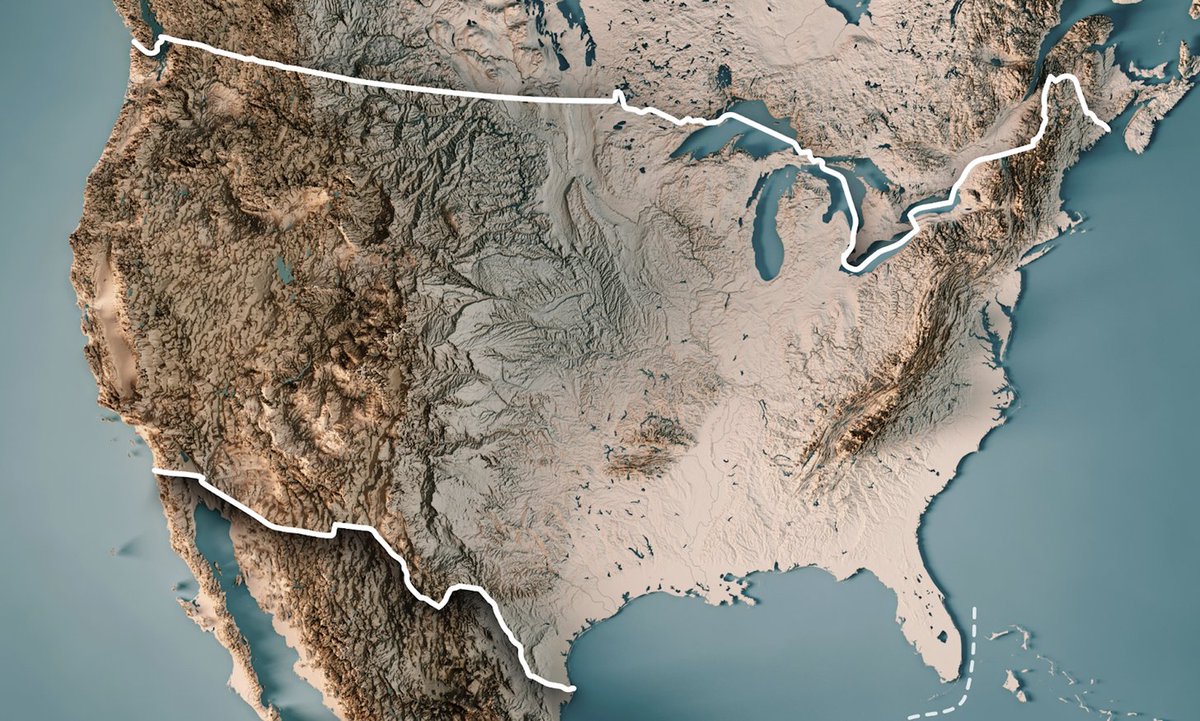
Counting excess deaths in, you get 735,000 COVID deaths in the US. That’s more than all combat deaths the US has ever had (~660k) in all wars. pic.twitter.com/zINxFo9Uc3
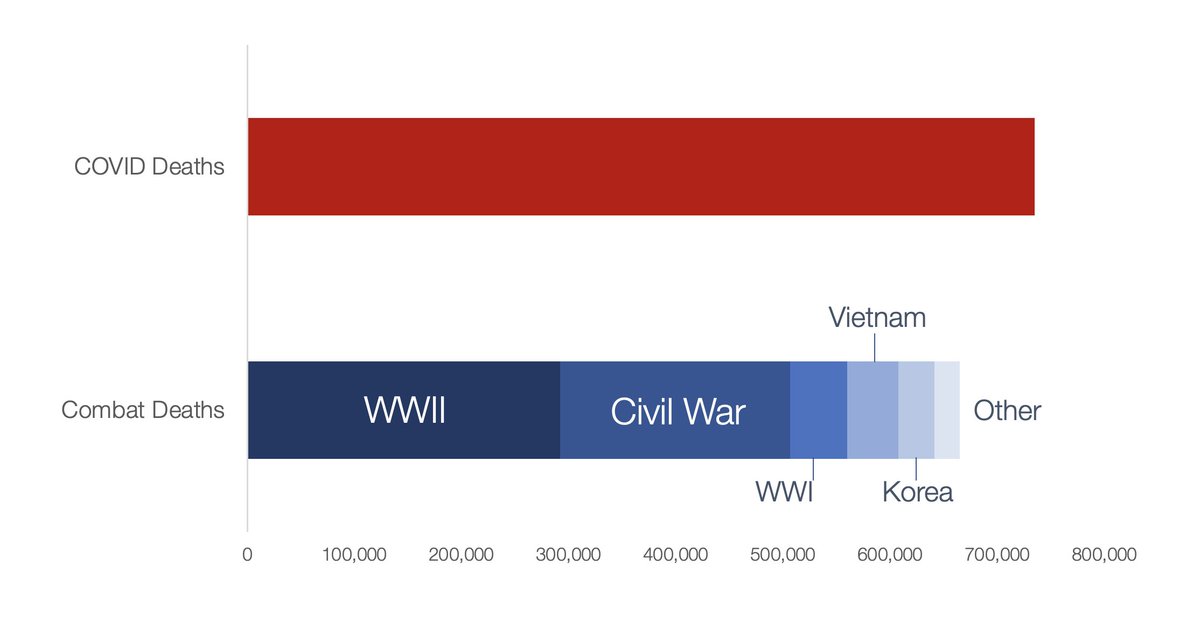
2: Mexico is awfully close to New Orleans. What if they decide to attack? The US would lose the ability to trade the goods outside of the Mississippi basin! What do you do? Easy: get a buffer. Send settlers there, then foster a revolution, then annex that area. Texas pic.twitter.com/THpCs93AOF
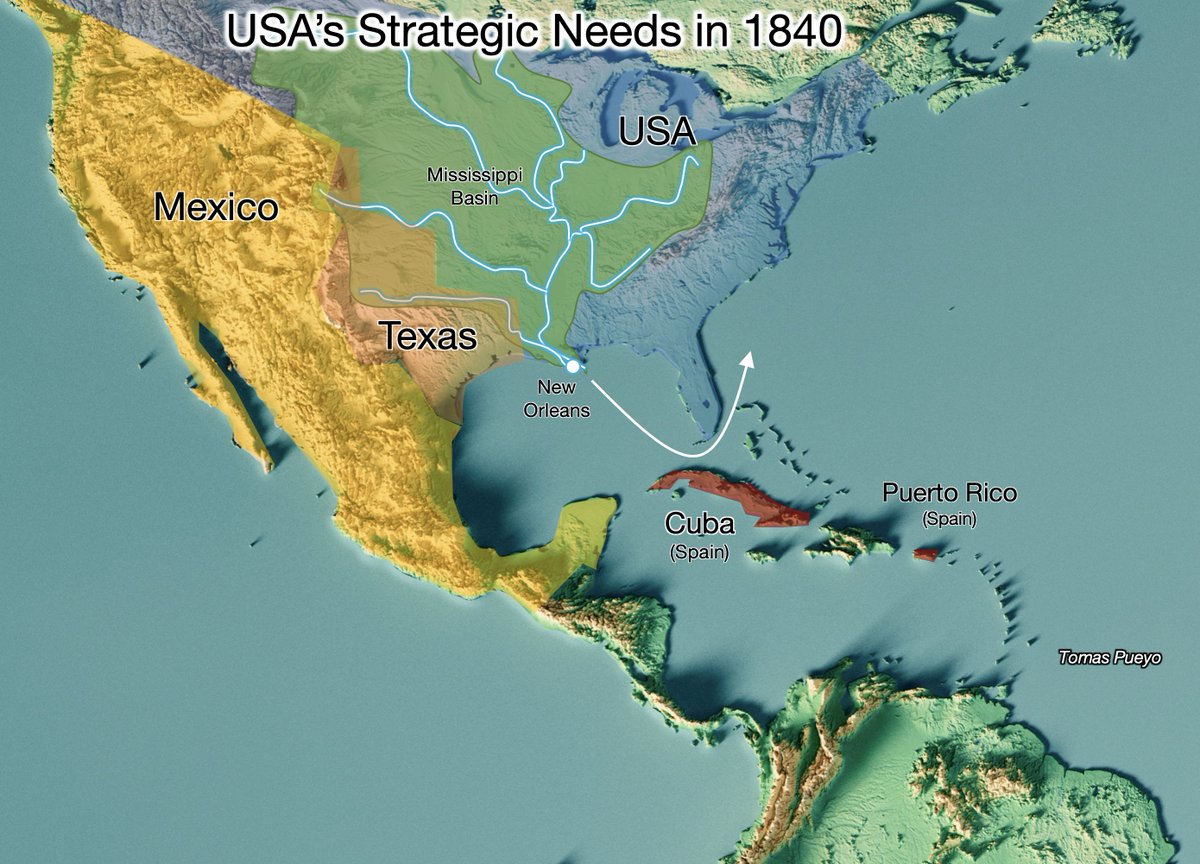
But as one superpower wanes, another appears: the US The US has a huge asset: the Mississippi Basin. Super fertile, great cheap transport... The best piece of land on the Earth pic.twitter.com/hrjEHH442p
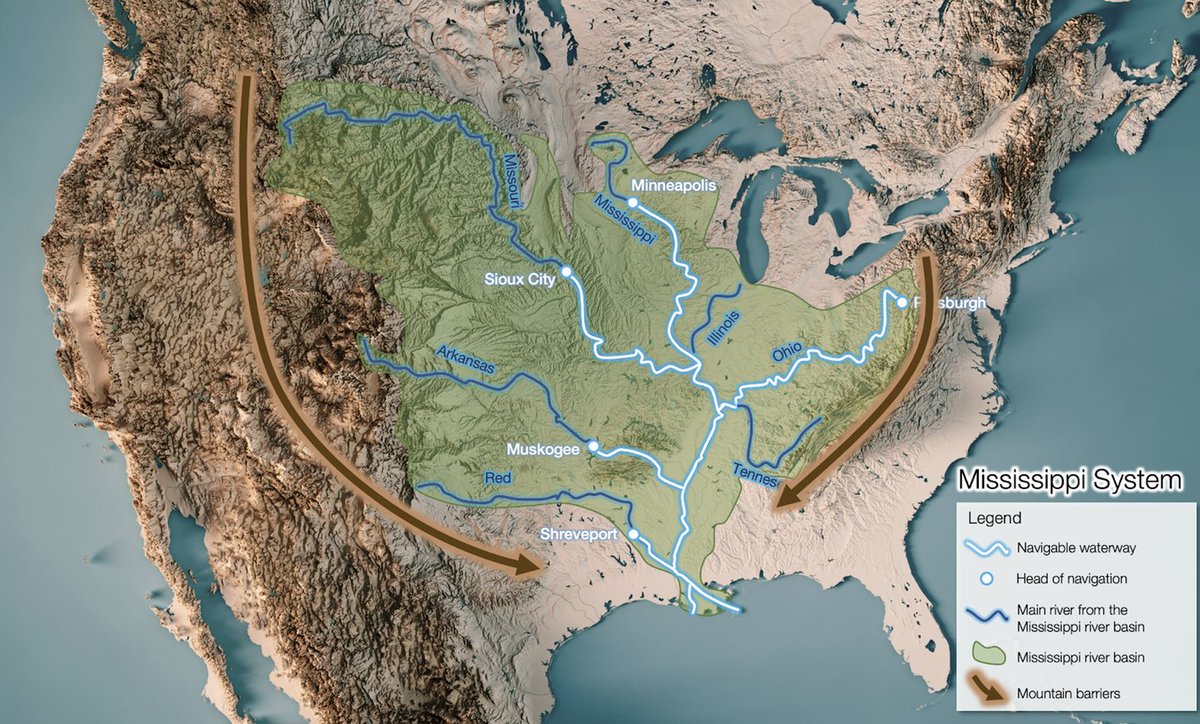
Any analysis of California’s economic success should note its monopolization of all of the warm, dry coastline in the largest market in the world.














